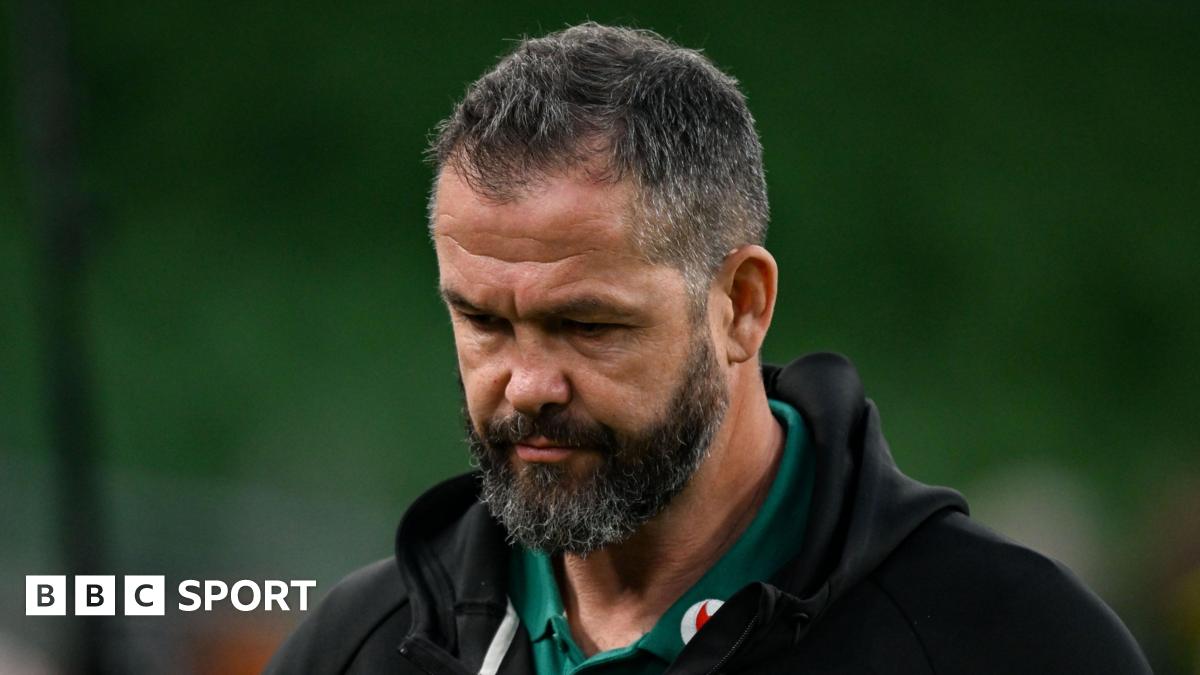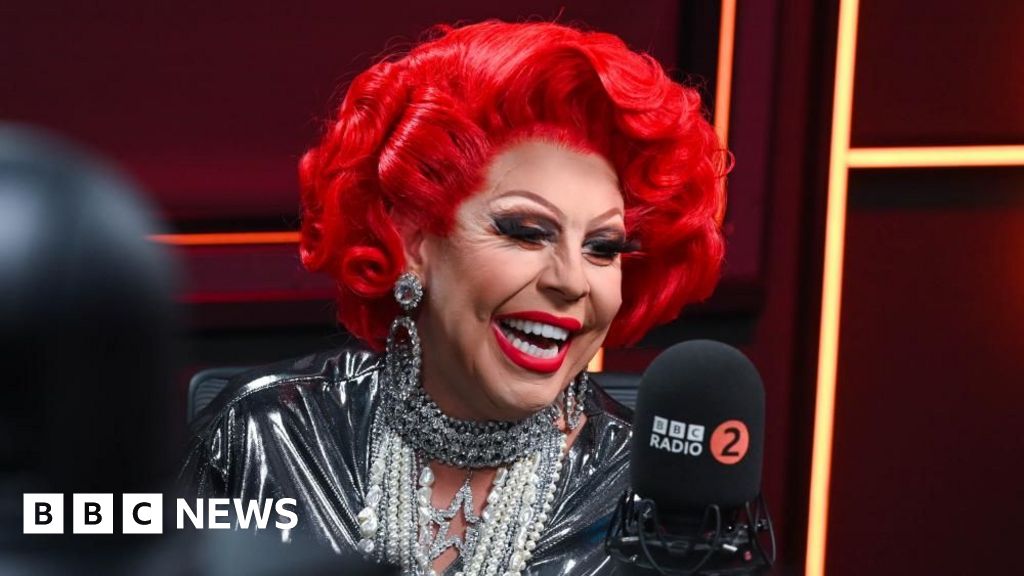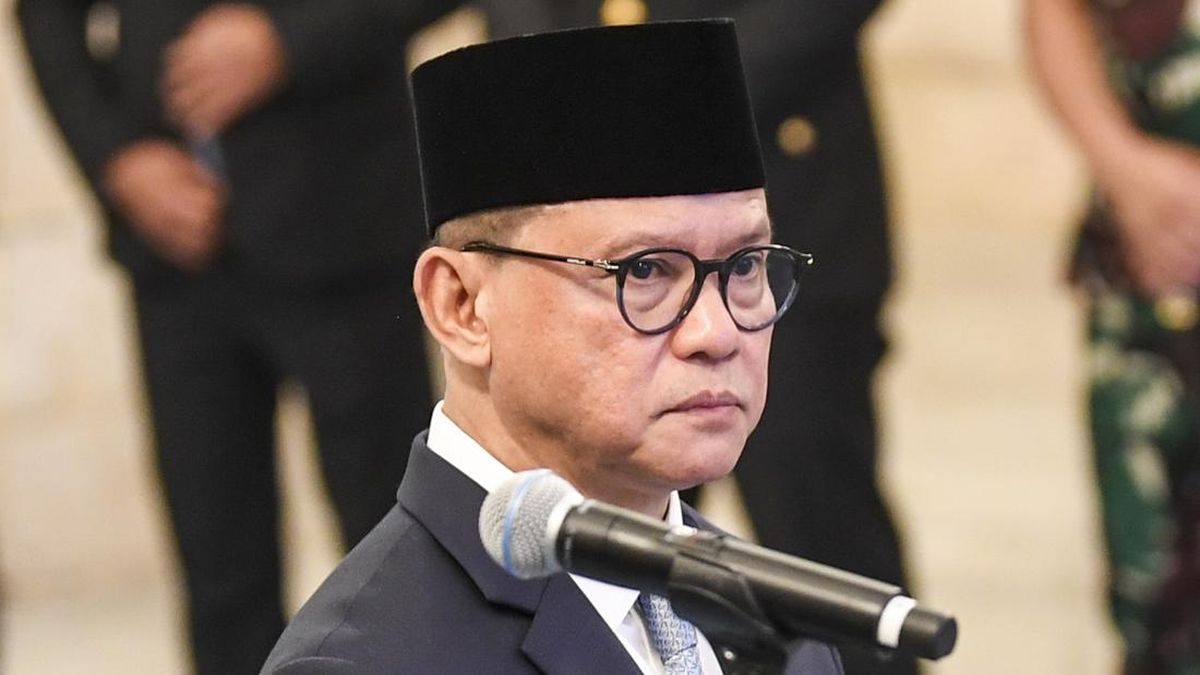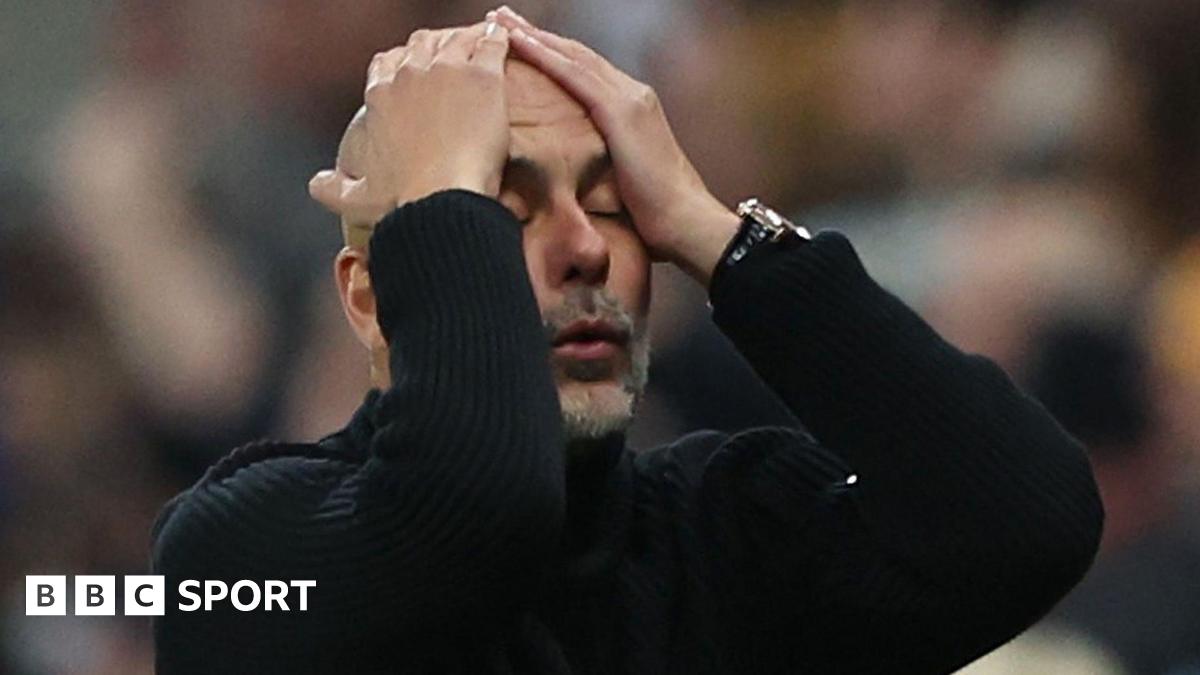The prosecution alleged Marco used other investors’ money to pay off his clients when they asked, and promised them their money was kept in a blocked bank account that had a multimillion-dollar insurance policy attached to give them security.
In reality, according to prosecutors, bank statements tendered to the court of the “blocked account” at one point showed it only had a couple of hundred dollars in it.
Strong returns, but were they ‘too good to be true’?
One of those investors was Andrew Batchelar, an insurance underwriter in Sydney.
He invested more than $1 million over the eight years he worked with Marco after he was introduced through a colleague, but told the court that by the end of their arrangement, he had been left unable to pay his mortgage.

Andrew Batchelar runs a successful Sydney business and paid money to Marco for investments.Credit: LinkedIn
Batchelar told the court he agreed to invest after meeting up with Marco over a seafood lunch in Perth in 2011, and Marco talked him through his “private placement” investment strategy which involved placing money into Marco’s bank account with other investors to boost the balance.
Marco promised him a generous return for his investment.
Over the years, Batchelar often invested hundreds of thousands of dollars at a time and frequently withdrew his money if necessary, he said.
“This gave me confidence that what was being said to be done, was being done,” Batchelar told the court.
However, when asked by Whybrow if the generous return rate – usually exceeding 11 per cent – was too good to be true, Batchelar agreed.
“Certainly looking at it now, it probably does,” he said.
Batchelar said his confidence was again boosted by Marco claiming the blocked account had millions of dollars in it, meaning his clients could feel confident they were never going to lose their original investment.
But he was confronted by a different set of numbers when ASIC came knocking in 2018.
“There’s a big difference between three million and nearly $300,” Batchelar told the court.
In an email tendered to court, Batchelar questioned Marco over where his money was being kept.
“I am able to do what I consider fiscally responsible to ‘hedge’ that investment,” Marco responded.
“Our security is held in cash, property and a small amount of readily realised shares and collectibles, all documented in my affidavit on assets and liabilities.”
It was a development Batchelar claimed he had no knowledge of.
“I was totally unaware he was hedging any of those funds other than for what we originally agreed to – private placements was 100 per cent what we were doing,” Batchelar told the court.
“I had no idea he was buying vehicles or properties … or using investors money for his own needs.”
Loading
However, under questioning from defence lawyer Luke Maragetic, Batchelar agreed his dealings with Marco had ultimately been “net positive” to the tune of $1.6 million.
The second witness to take the stand in the opening week was Melanie Portman, a WA-based environmental scientist.
Portman was a cautious investor, and Whybrow said Marco was not pushy when they met to speak about investing.
Portman took notes, and Marco again told her about the million-dollar guarantee she would not lose her investment.
Whybrow told the court there was no indication all that Marco’s clients would be “sharing” in the guarantee.
“If these guarantees were held in locked accounts for each person consistently, it would have added up to nearly $28 million,” he said.
In the video interview with Marco played to the court on Friday, he again defended his investment structures and his own conduct, saying the property and cars he had bought were an important part to his scheme.
“If anything ever happened we could sell down those assets,” Marco said in the interview.
“Like a bank we invested in property that could be sold quickly, as evidenced by [our] Mt Hawthorn and Kalgoorlie addresses … they sold in less than a month.
“I’ve never driven the cars – that’s provable by the odometer.
“I never ever have, that’s true to my heart.”
Marco denied a question put to him about his investment strategy resembling a “ponzi scheme”.
“[For a ponzi scheme] I pay you something, and then I take the money and use it for my own purpose,” Marco said.
“I’ve never used it for my own purpose. I’ve taken a meagre wage each year, which I need to live.”
Maragetic has maintained throughout the trial Marco genuinely believed in the opportunities he was bringing investors, and every cent of money he had received was “accounted for”.
“During my time I have never ever, ever defaulted on a payment,” Marco said in the interview played in court.
“We always paid our bills.”
Maragetic previously said Marco had been deceived by overseas operators, and many investors walked away with “very generous returns”.
The trial, before Judge Natalie Whitby, is expected to continue through August and is set down for eight weeks.
Start the day with a summary of the day’s most important and interesting stories, analysis and insights. Sign up for our Morning Edition newsletter.


















































